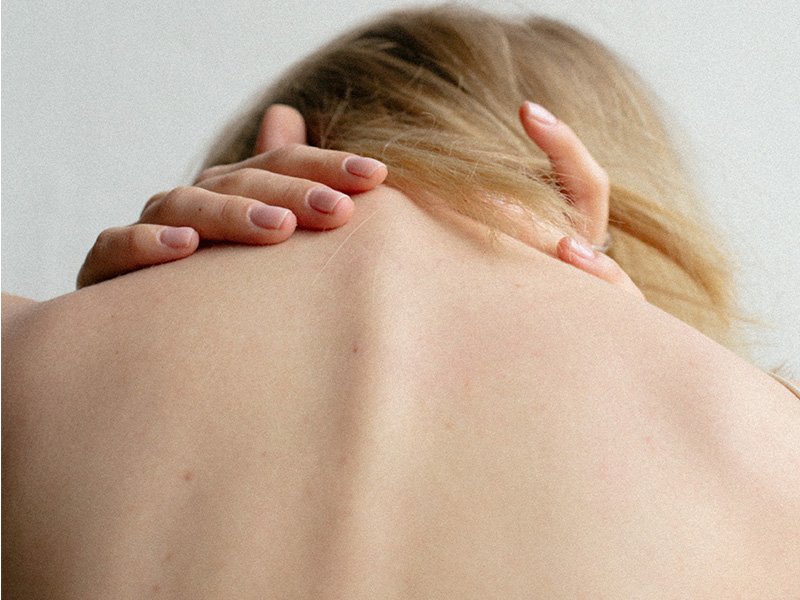Back pain can be a real thorn in the side or the back. It’s one of those nagging discomforts that can make even the simplest tasks feel like Herculean feats. But did you ask yourself a question: Can Dehydration cause Back pain? Of course, you could have.

Dehydration isn’t just about feeling thirsty or having dry skin; it could be causing that persistent and pesky back pain you’ve been experiencing. So grab a glass of water and join us as we dive into how dehydration and back pain are more connected than you might think!
Causes of Dehydration
Dehydration results when your body loses more fluids than it takes in. While it may seem obvious that not drinking enough water can lead to Dehydration, other factors are also at play. One common cause is excessive sweating, which can happen during intense physical activity or in hot weather. So, if you’ve been hitting the gym hard or basking under the scorching sun without replenishing your fluids, Can Dehydration cause back pain?
Dehydration could be knocking on your door. Illnesses such as diarrhea and vomiting can also contribute to Dehydration. When constantly losing fluids through these bodily functions, it becomes crucial to replace them promptly. Certain medications like diuretics (which increase urine production) can further deplete your body’s water supply. Another surprising culprit behind Dehydration is alcohol consumption. That’s right; those happy hour cocktails may be wreaking havoc on your hydration levels! Alcohol acts as a diuretic, producing increased urination and bodily fluid loss.
Furthermore, underlying medical conditions like diabetes or kidney disease can affect the body’s ability to retain water properly. These conditions make it essential for individuals to monitor their fluid intake carefully. Remember that staying hydrated isn’t just about quenching thirst; it’s about maintaining overall health and preventing potential complications like back pain. Now that we understand some of Dehydration’s causes, let’s move on to identifying its signs and symptoms!
Signs and Symptoms of Dehydration

Dehydration occurs when your body loses more fluids than it takes in, leaving you feeling thirsty and dehydrated. But did you know that Dehydration causes back pain? The answer is yes, it’s true! When dry, your body affects the discs between your spinal vertebrae, leading to discomfort in your back.
One of the first signs of Dehydration is thirst. Your body is cleverly signaling that it needs fluids to function correctly. Other common symptoms include dark yellow urine, dry mouth and throat, fatigue, dizziness or light headedness, headaches, muscle cramps, or spasms. As Dehydration progresses, you may experience more severe symptoms such as rapid heartbeat or breathing, sunken eyes or cheeks, confusion, or irritability.
In extreme cases, Dehydration can produce organ failure. If left untreated for too long, chronic Dehydration can have eternal effects on your overall health. It’s essential to identify the signs and symptoms early on so that you can take action to re-hydrate your body.
Remember: prevention is key! Drink plenty of water throughout the day – Aim for at least eight glasses – and be mindful of staying hydrated during physical activity or hot weather conditions. By keeping yourself properly hydrated, you can help prevent back pain and other health issues!
How to Treat Dehydration
Dehydration can cause a range of discomforts, including back pain. If you’re experiencing this symptom, addressing the root cause and treating Dehydration promptly is essential. The first step in treating Dehydration is re-hydrating your body. Drinking water is essential to replenish lost fluids. Aim for at least eight glasses of water regularly or more if you are physically active or live in a hot climate.
In addition to water, electrolytes play a crucial role in re-hydration. These minerals help regulate fluid balance and muscle function. Sports drinks and oral re-hydration solutions contain electrolytes and can help restore hydration levels. If you’re feeling nauseous or struggling to keep fluids down, consider sipping on small amounts of water or clear liquids throughout the day rather than drinking large quantities.


